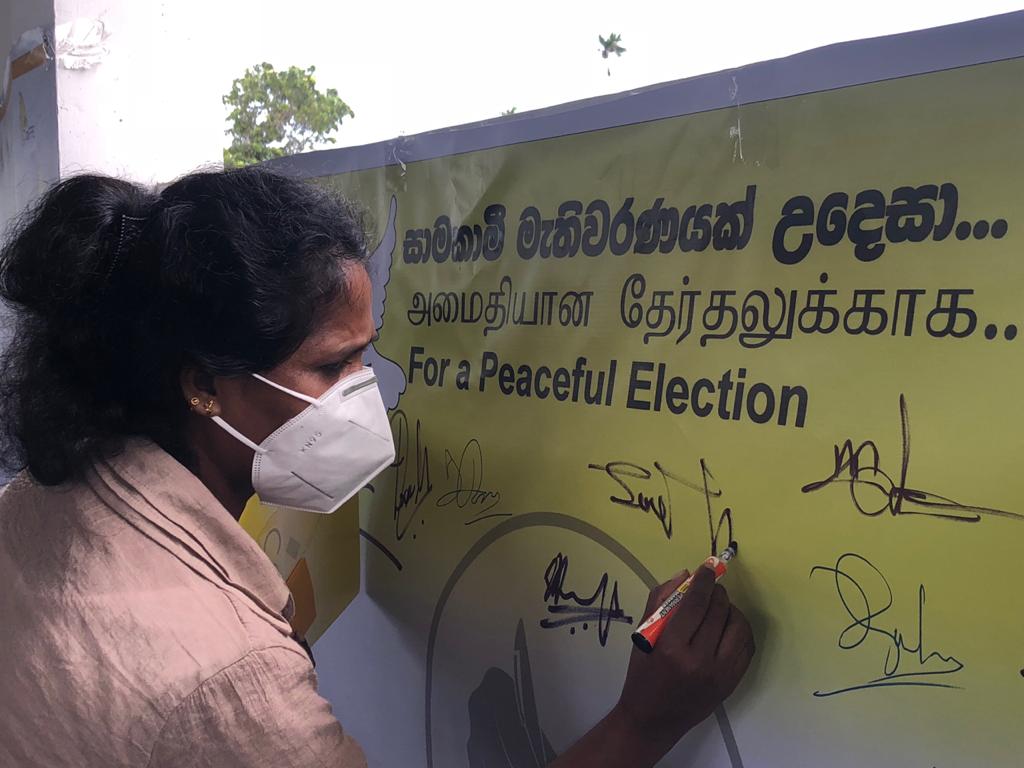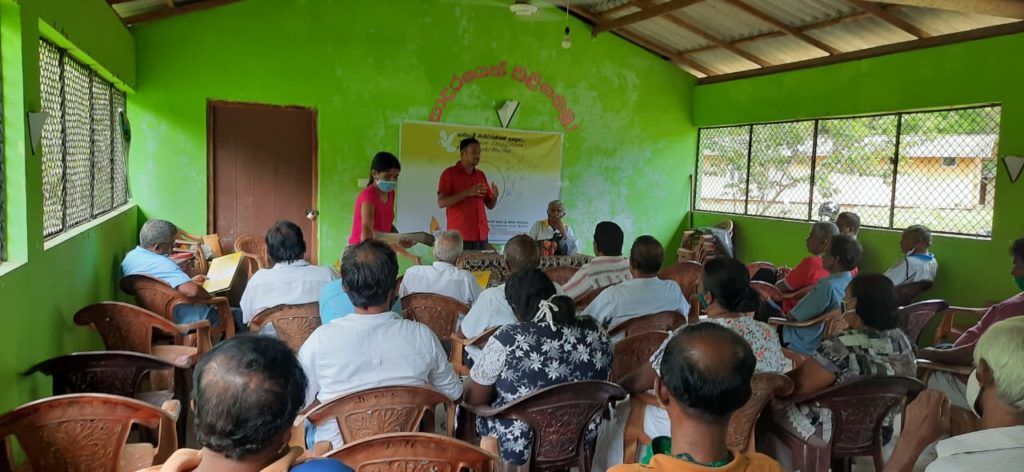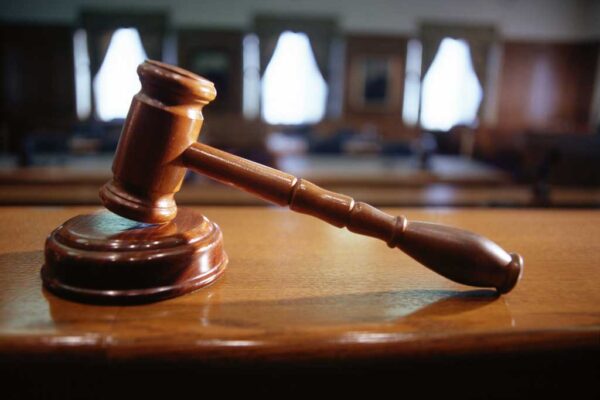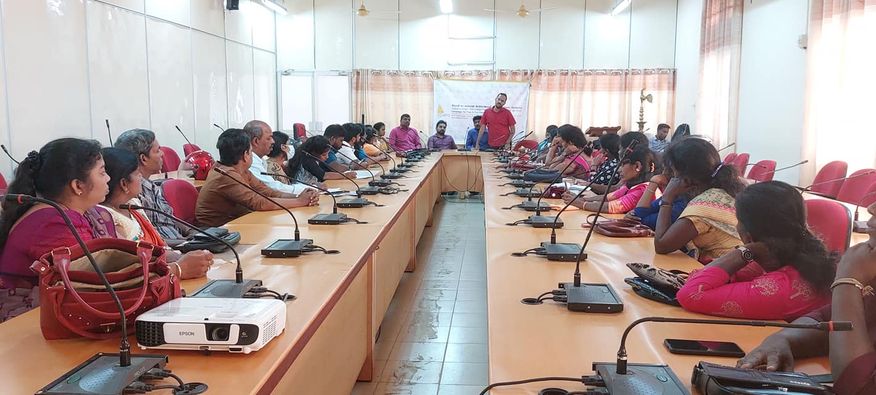The 2020 General Election was held under testing circumstances. The COVID-19 pandemic had brought the country to a standstill for many months and the election was held following the instruction and guideline issued by the health authorities. The Commission of Elections also conducted several pilot programs, around the country, to see how polling can be done safely. While the officials declared that these trials were a success, most of the voters were not aware of the new health guidelines adequately.

During the run-up to the election, it was also observed that members of the general public and politicians are not adhering to health guidelines during campaigning. Moreover during the COVID-19 pandemic, there was little discussion on promoting clean candidates, promoting female and youth candidates or on educating the general public on how to vote.
Given that a lot needed to be done to enhance the public understanding of the health guidelines on conducting an election and to ensure that the election campaign and Election Day activities did not form the nucleus of the pandemic; CaFFE carried out election monitoring adhering to strict health guidelines with the generous assistance from the Swiss Embassy..

A
CaFFE continued election monitoring even though the country was going through a lock-down. The main area of attention was social media monitoring and we observed that there was a lot of hate speech, fake news and disinformation on social media platforms.
After the government relaxed the lock-down in May and June, the situation slowly returned to normal. The election campaigns commenced afterwards but the candidates were expected to adhere to social distancing and other health practices. However almost all political parties ignored the health guidelines and CaFFE insisted that these health guidelines should be gazetted, allowing health officers to enforce them.

However the health guidelines were only issued almost four weeks after the recommencement of the election campaign. By that time a large number of health violations had taken place and Sri Lanka only has to thank her luck for not having a COVID-19 outbreak.
CaFFE reiterated that hate speech and misinformation was on the rise, especially in social media and any attempt at a free and fair election depended on the ability of the government and other actors to get these things under control. CaFFE was of the opinion that if these factors continued unabated, these could have developed into instances of violence.
Identifying hot spots for election violence has been a CaFFE practice since 2008 and this time too CaFFE identified 15 areas that had the potential to be election violence hot spots. These were identified after a long discussion with CaFFE district coordinators, long term observers and representatives of CSOs that work with us. The identified election hot-spots were Pottuvil, Sainthamaruthu, Akkaraipattu,
Kattankudy, Eravur, Kinniya, Polonnaruwa, Anuradhapura, Kurunegala, Kaduwela, Tangalle, Hatton, Nawalapitiya, Gampaha and Jaffna. It was decided that these areas have to be monitored carefully and that a mechanism needs to be in place to address campaign related issues in the area.



